 As mentioned by Emily in her August HE Policy post, a draft concordat has been published which seeks to make research data in the UK more openly accessible for use.
As mentioned by Emily in her August HE Policy post, a draft concordat has been published which seeks to make research data in the UK more openly accessible for use.
The concordat has been drafted under the auspices of the UK Open Research Data Forum [Note 1] by a multi-stakeholder working group, which includes HEFCE, Research Councils UK (RCUK), Jisc, the Wellcome Trust and Universities UK. It aims to help ensure that the research data gathered and generated by members of the UK research community is made openly available for use by others wherever possible, in a manner consistent with relevant legal, ethical and regulatory frameworks and norms.
The concordat aims to establish a set of expectations of good practice, with the intention of making open research data the standard for publicly funded research over the long term. It recognises the different responsibilities of researchers, their employers and the funders of research, although the intention is not to mandate, codify or require specific activities.
The full draft concordat can be found here – http://www.rcuk.ac.uk/research/opendata/
Key principals are outlined below:
Definition of Research Data used:
“Research Data are quantitative information or qualitative statements collected by researchers in the course of their work by experimentation, observation, interview or other methods. Data may be raw or primary (e.g. direct from measurement or collection) or derived from primary data for subsequent analysis or interpretation (e.g. cleaned up or as an extract from a larger data set). The purpose of open research data is to provide the information necessary to support or validate a research project’s observations, findings or outputs. Data may include, for example, statistics, collections of digital images, sound recordings, transcripts of interviews, survey data and fieldwork observations with appropriate annotations.”
Principle #1
Open access to research data is an enabler of high quality research, a facilitator of innovation and safeguards good research practice.
Principle #2
Good data management is fundamental to all stages of the research process and should be established at the outset.
Principle #3
Data must be curated so that they are accessible, discoverable and useable.
Principle #4
Open access to research data carries a significant cost, which should be respected by all parties.
Principle #5
There are sound reasons why the openness of research data may need to be restricted but any restrictions must be justified and justifiable.
Principle #6
The right of the creators of research data to reasonable first use is recognised.
Principle #7
Use of others’ data should always conform to legal, ethical and regulatory frameworks including appropriate acknowledgement.
Principle #8
Data supporting publications should be accessible by the publication date and should be in a citeable form.
Principle #9
Support for the development of appropriate data skills is recognised as a responsibility for all stakeholders.
Principle #10
Regular reviews of progress towards open access to research data should be undertaken.
 Please click on this link to download the schedule in a printable .pdf file.
Please click on this link to download the schedule in a printable .pdf file.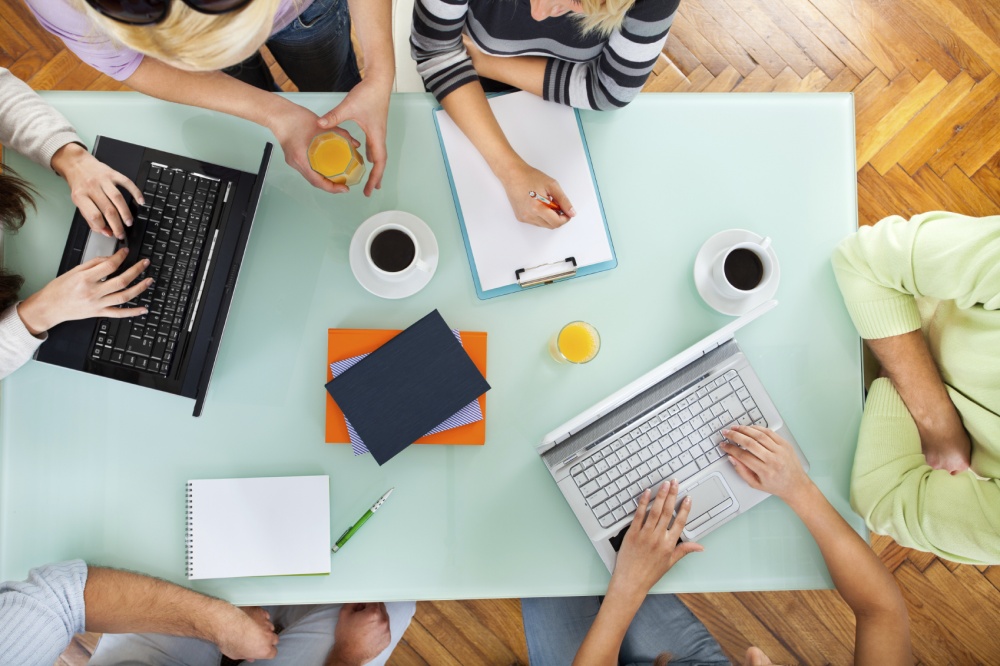
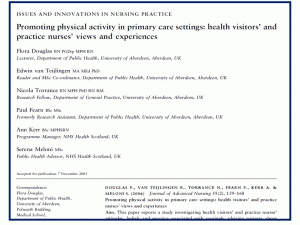
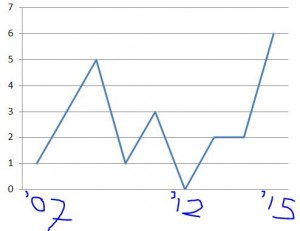
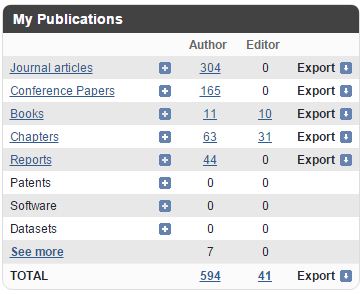
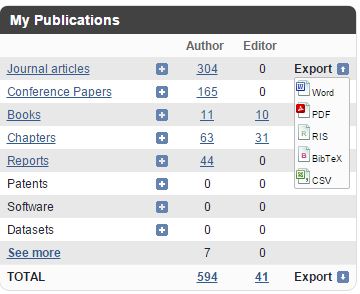
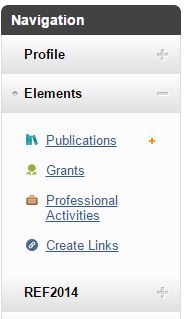

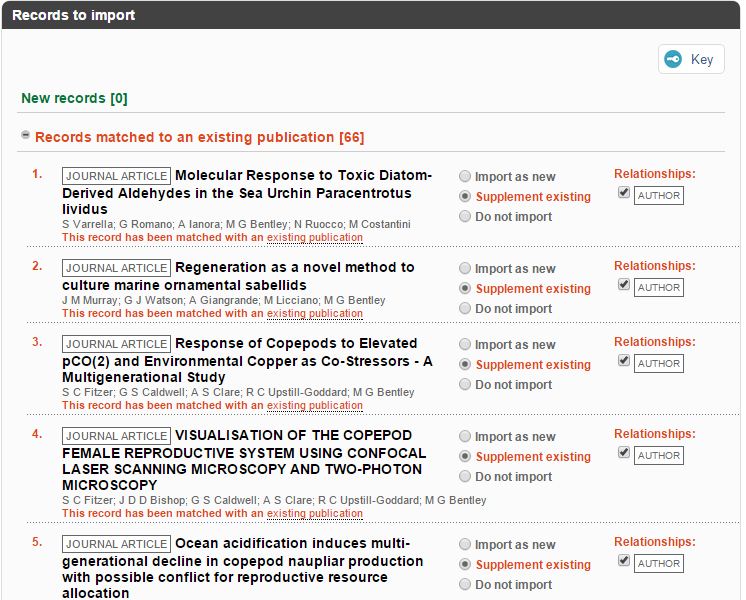

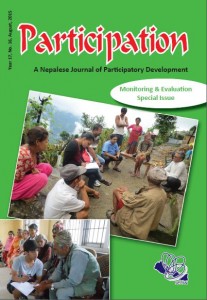

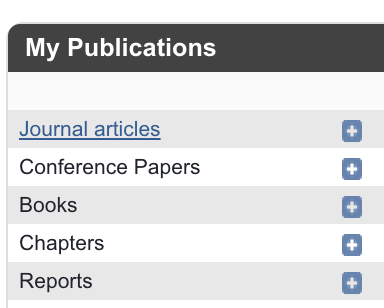

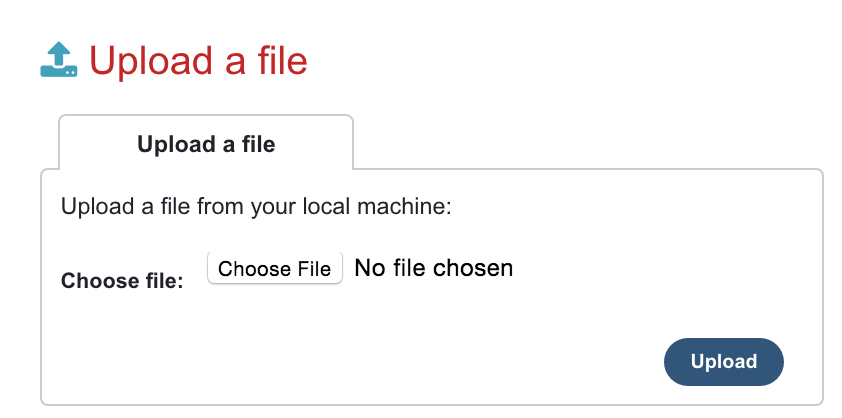

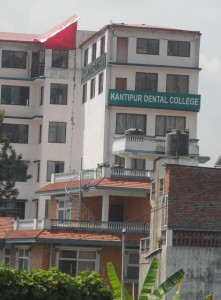
 2016 (15-16 Feb.).
2016 (15-16 Feb.).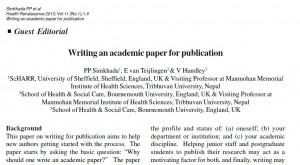
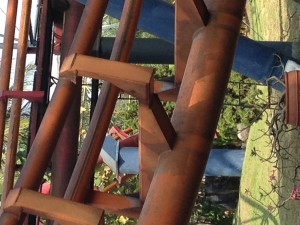
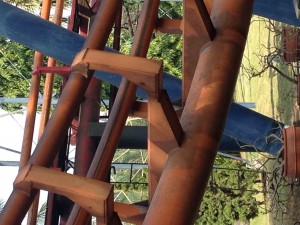
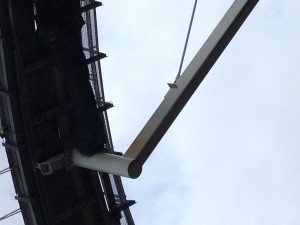
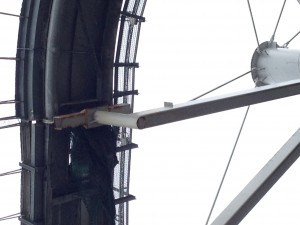
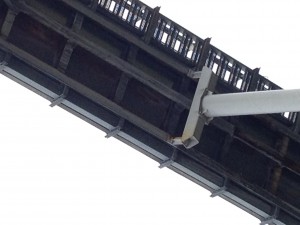
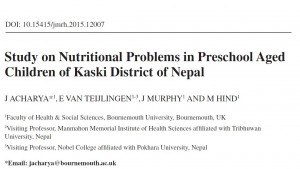
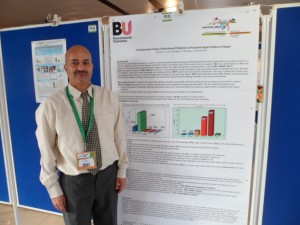

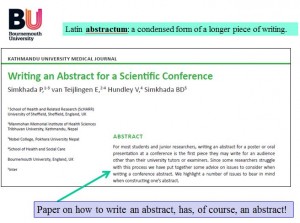
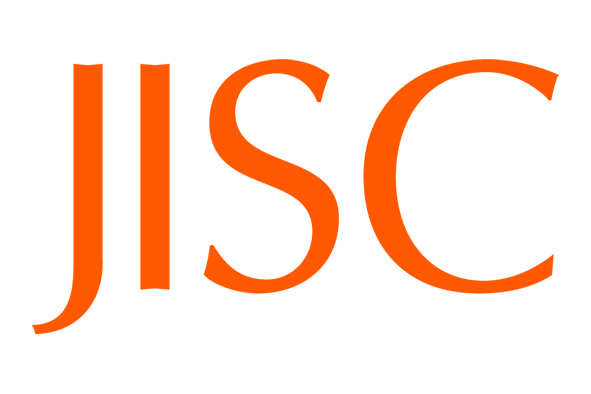

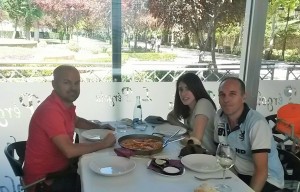

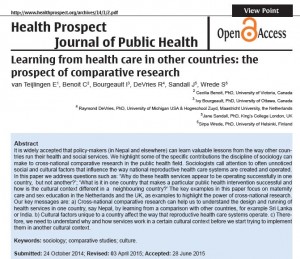












 Upcoming opportunities for PGRs – collaborate externally
Upcoming opportunities for PGRs – collaborate externally BU involved in new MRF dissemination grant
BU involved in new MRF dissemination grant New COVID-19 publication
New COVID-19 publication MSCA Postdoctoral Fellowships 2024
MSCA Postdoctoral Fellowships 2024 Horizon Europe News – December 2023
Horizon Europe News – December 2023